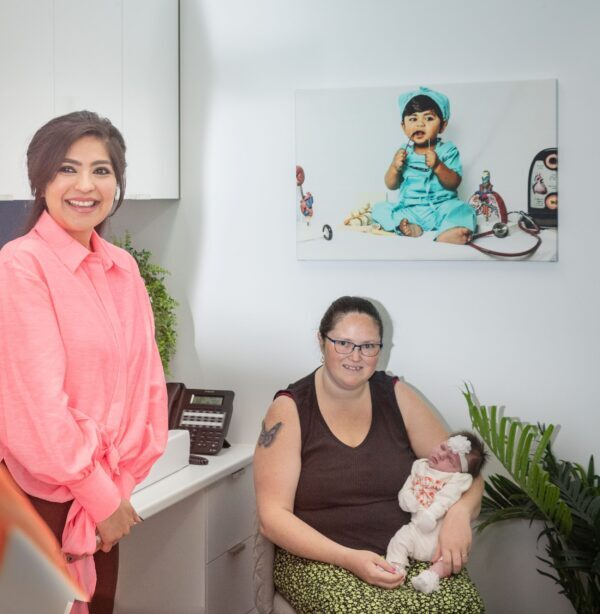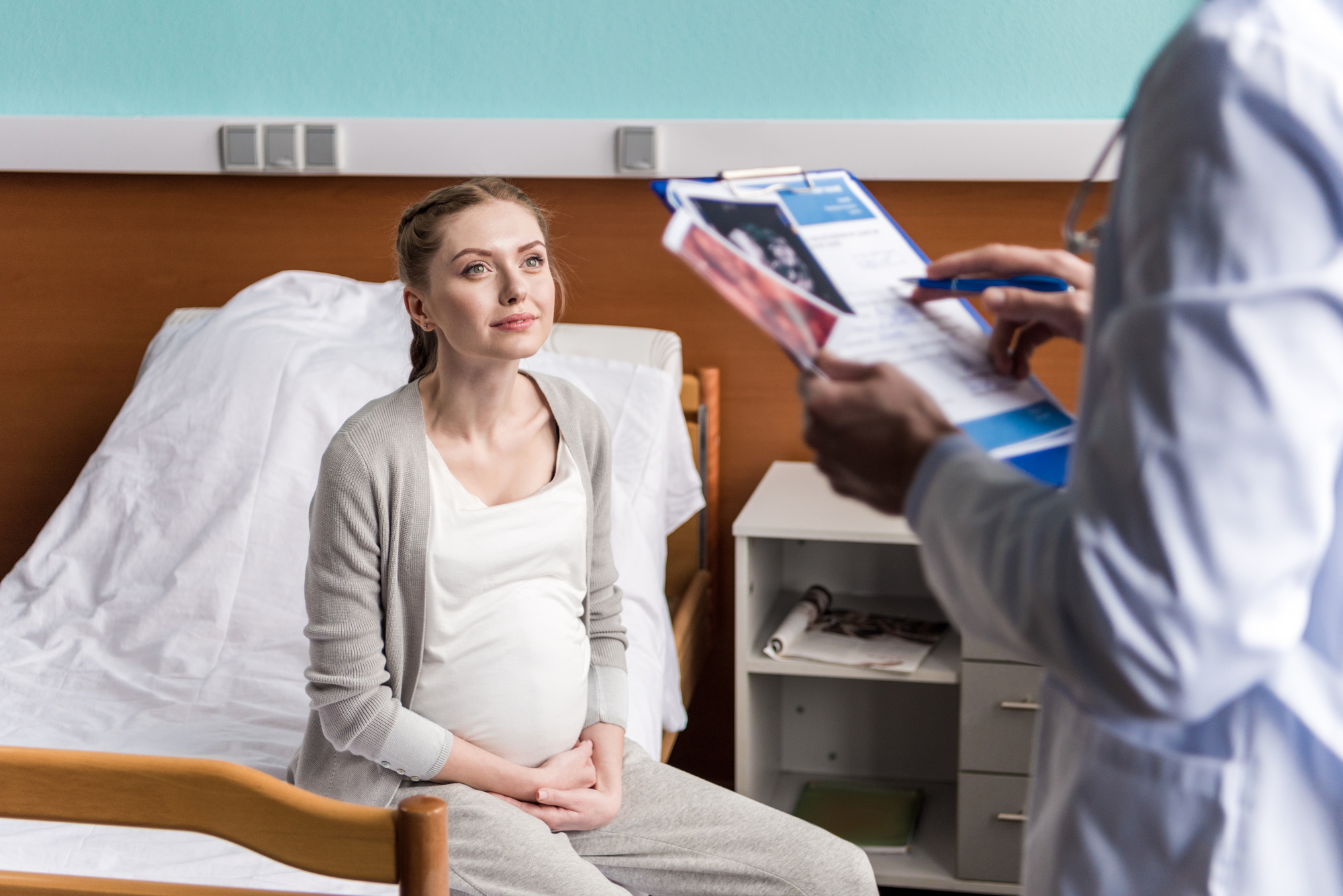Dr Tanya Unni
AMTAN Medical Centre, Pimpama, Gold Coast
Being a new mum is challenging at any time. Your body is changing, and your world is changing even more.
I remember being a first-time mum and it wasn’t easy, even for me and I am a doctor. What you study and read, and what you experience are very different.
It’s almost expected that women will feel anxious while pregnant, but for many women, this occasional feeling of anxiety can escalate and turn into a disorder, or worse, exasperate a mental health problem that already exists.
During COVID it has only been harder.
Not only have many pregnant women and new mums had reduced access to the free hospital support traditionally available, they are increasingly spending less time in hospital after giving birth with some staying just six hours.
Once home, many do not have full family and peer support as COVID commonly affects visitation and family time.
During COVID-19, the community medical practices have seen an increase in pregnant women coming to their practice because their hospital appointments were cancelled.
The Royal Australian College of General Practitioners also issued correspondence to the medical profession alerting them to be looking out for vulnerable women and to ensure care is not compromised.
Gold Coast women have traditionally been able to access a free shared care program linking their GP with their midwife and hospital during pregnancy, and for six weeks after their baby is born. During COVID, many mothers have seen an interruption to this support.
Mothers shouldn’t settle for less support. Private practices, such as ours, are filling the need. And based on a 100 percent bulk billing model, the services can be free.
I was recently proud to launch a new service at my AMTAN practice at Pimpama on the Gold Coast.

We employed a midwife, introduced antenatal classes and education programs, and launched a postnatal care program including a baby clinic and home visits.
What was once just a local GP facility now offers antenatal care; pregnancy and birthing education; postnatal care including home visits and feeding assistance; infant massage instruction teaching baby massage, settling techniques and sleep support; nutrition plans; mental health and wellness; health checks; and postnatal depression support.
One area we are focusing on quite closely during COVID is antenatal anxiety which if not addressed can take its toll on mental and physical health, affect work, relationships, and general quality of life.
We see anxiety appear in many forms – constant worrying, difficulty concentrating, difficulty relaxing, having racing thoughts, showing signs of snappy or irritable behaviour, feeling that something bad will happen, being tense, stressed, “on edge,” or unsettled or having a rapid pulse, tight chest, sweating, muscle tension, nausea, or even loss of appetite.
Through a range of allied health services and professionals at the medical practice we can help address anxiety.
- A woman with mild symptoms of anxiety can be supported through exercise, prioritising self-care, healthy diet, massage, acupuncture, and psychotherapy.
- Psychotherapy is the first line treatment for more moderate symptoms that are beginning to have a negative impact a woman’s daily life.
- A combination of psychotherapy plus medication is the recommended approach for a woman with more severe symptoms.
By partnering with a medical practice that offers a range of medical specialists in addition to a GP, pregnant women can benefit by the uninterrupted care they need up until the baby is born and immediately after. Also, by going through a private practice, you are likely to see the same medical staff all the way through your pregnancy and post birth.
Having the same midwife support from early pregnancy, throughout labour and birth, and after birth has significant and lasting health benefits for women as it offers continuity of care.
Pregnant women should:
- Review the facilities offered by local medical practices in their area
- Find out how many allied medical staff are available at the centre, like midwives
- Look for continuity in service providers so you aren’t seeing a different practitioner every time
- Think past the birth to services like home visits and feeding support
This year has seen huge changes which have left a gap in the market.
Regardless of whether you have a high risk or low risk pregnancy, or can or can’t afford private care, it is a difficult time.
COVID or not we need healthy mums and healthy babies because they are our future.
We must support one another during the tough times we are going through.







